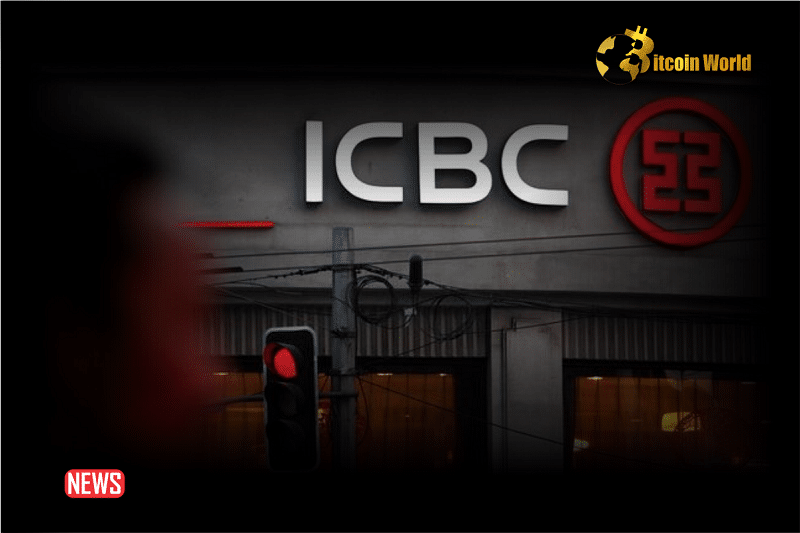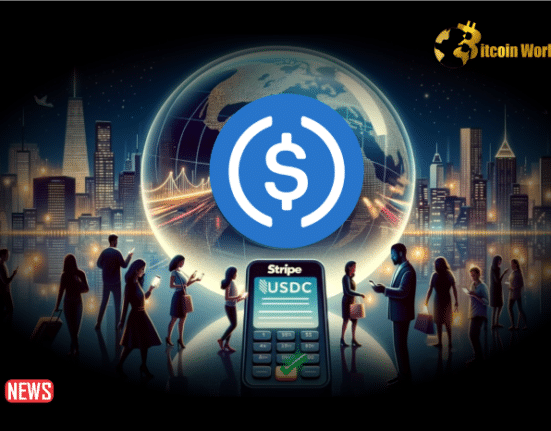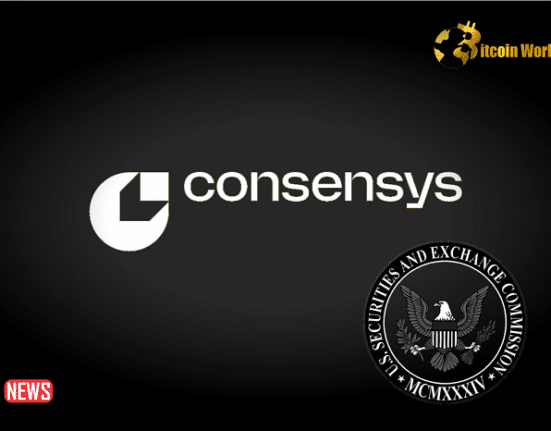- ICBC, the world’s largest bank, experienced a significant cyberattack, disrupting its ability to clear U.S. Treasury trades and forcing it to use a USB stick for critical data transfer.
- The attack, suspected to be from the ransomware group Lockbit with Russian ties, caused widespread disruption in financial markets, prompting urgent security reviews and responses.
The Industrial & Commercial Bank of China Ltd. (ICBC) was the victim of a recent cyberattack. This isn’t just any disturbance; it’s a major setback for the world’s largest bank.
According to Bloomberg, the attack rendered the bank’s ability to clear US Treasury deals inoperable, resulting in an unusual situation in which important financial data was transferred across Manhattan on a USB stick. While unorthodox, this strategy emphasizes the severity of the attack and the lengths to which the bank had to go to limit the impact.
The ICBC hack had rapid consequences, causing substantial disruptions in the financial industry. Brokerages, banks, and market makers were forced to hustle to reroute deals, with no idea when normal operations would return.
Lockbit, a well-known criminal gang with Russian ties, is suspected of being behind this upheaval. This gang is no new to high-profile strikes, having previously targeted Boeing and the Royal Mail of the United Kingdom.
Read Also: Hackers Force ICBC To Rely on USB Stick to Settle Trades
Cybersecurity Concerns Heightened
The ICBC incident highlighted the financial industry’s rising worry about cybersecurity. The prospect of a cyberattack damaging a vital component of the financial system is a nightmare scenario for bank executives and government regulators around the world.
Marcus Murray, the founder of the Swedish cybersecurity firm Truesec, stressed the tsunami this incident has sent through the financial community, encouraging banks worldwide to swiftly beef up their defenses.
As a result of the incident, ICBC’s Beijing headquarters had urgent talks with its US division and notified regulators. They are even considering enlisting the assistance of China’s Ministry of State Security.
The bank confirmed the ransomware attack in a statement and guaranteed that the impacted systems had been isolated. The unit targeted by the attack, ICBC Financial Services, is a major player in the financial market, with $23.5 billion in assets as of the end of 2022.
This event is part of a troubling trend of increased ransomware attacks in the financial industry. According to Sophos, a cybersecurity organization, such attacks have increased significantly in recent years, notably in financial industries. In 2023, 64% of financial institutions will encounter ransomware attacks, a significant increase from prior years.
Read Also: China’s Largest Bank’s US Branch Suffers Ransomware LockBit Attack
Attacks in the sector grew from 55% in the 2022 report to 64% in this year’s study, nearly doubling the 34% reported in the 2021 report. Despite the increased attack rate, it remained lower than the sector average of 66%.
According to the cybersecurity firm, several financial institutions are expanding their efforts to reduce cyber threats.
Disclaimer: The information provided is not trading advice. Bitcoinworld.co.in holds no liability for any investments made based on the information provided on this page. We strongly recommend independent research and/or consultation with a qualified professional before making any investment decisions.















